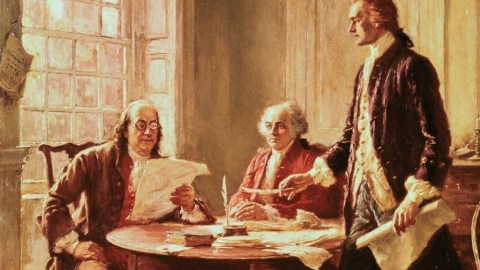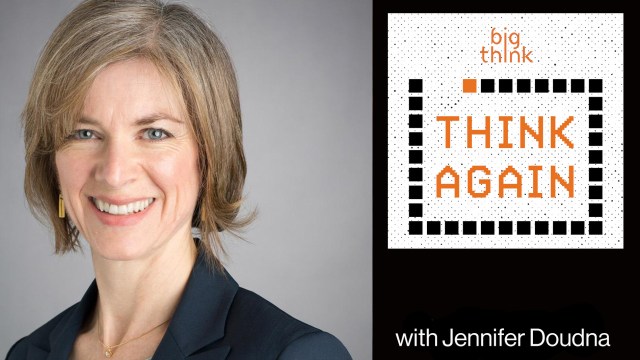A Lesson for this July 4th: Revolutionaries Don’t Retire

On July 4, 1776, fifty-six Representatives from the Thirteen Colonies ratified the Declaration of Independence, placing the spirit of fervor, liberty, and democracy on which our country stands in writing. Those men, who aged everywhere from twenty-seven to seventy, averaged out at 44 years old. For a group of eighteenth century Americans, the Founders’ collective age is remarkable, considering that the average life expectancy in that era was thirty-five years.
Despite some of them being relatively ancient by the standards of the day in 1776, the Founders were a radical and productive bunch. They were steeped in the revolutionary thinking of the Enlightenment, and used it as the foundation of an extraordinary new form of government. Signing the Declaration of Independence was only one milestone in their long and illustrious careers. Benjamin Franklin was an unstoppable force before and for two decades after the Declaration’s signing, when he was 70. Among other things, he wrote a groundbreaking autobiography, served as the U.S. ambassador to France, contributed to the passage of the Edict of Versailles, and was President of the Philadelphia Abolition Society.
The historical knock on the U.S. is that it was founded and has been led by nobody but old guys (while I can’t argue with the demographic reality, I do take umbrage with the “old” part). Some modern critics argue specifically that the U.S. has grown into a gerontocracy because our elected officials are significantly older than the general population. No doubt there are a number of representatives that are older by any century’s measure in Congress. The oldest representative in the House, John Conyers of Michigan is eighty-eight; and the oldest Representative in the history of the country, Representative Ralph Hall of Texas, ended his last term in 2015 at the age of ninety-one years old.
But is America really a nation governed by geriatrics? The average age of the Senate today is fifty-seven years; in the House, sixty-one years. These numbers are far below the average life expectancy of seventy-eight years. More significantly, they are less than the age we have enshrined as being the end of productive life, the day Social Security kicks in at age sixty-five. Relative to life expectancy, our leaders are “younger” now than they were two-plus centuries before, when the country first embarked on its grand experiment of democracy.
Here’s the bone I have to pick: When we criticize our government as a gerontocracy, are we not making certain assumptions about what older people are capable of, as thinkers, as influencers, as representatives, as advocates of change? And do those assumptions have a basis in reality?
For one answer, take a look at the most recent presidential election. At 70 years old, Donald Trump made an unlikely and successful run at the Presidency, setting the stage for what may turn out to be a major realignment of our national politics. A 74-year-old Senator, Bernie Sanders, became the leader of a resurgent American socialist movement. And 69-year-old Hillary Clinton came within a hair’s breadth of being the first female President. As far as worldview, these three have very little in common with each other. All that they share is that they happen to be well past retirement age, and are still shaking the pillars in the political Thunderdome.
When we look back to history, all the way back to the signing of the Declaration of Independence, then the answer is clear as day: A radical mind and a thirst for change are just as possible at age 70 as age 27. Revolutionaries don’t retire. Those nearing the fabricated 60-something age of retirement can take to this to heart as they mull the future of career and influence in an era of longevity. If he’d lived in the modern day, it’s possible Ben Franklin would have been agitating empires and flying kites in rainstorms at age 96. When we think about retirement, we should first look to him and the other Founders as an example of what can be accomplished in older age.
MIT AgeLab‘s Rahul Kolluri & Adam Felts contributed to this article.





